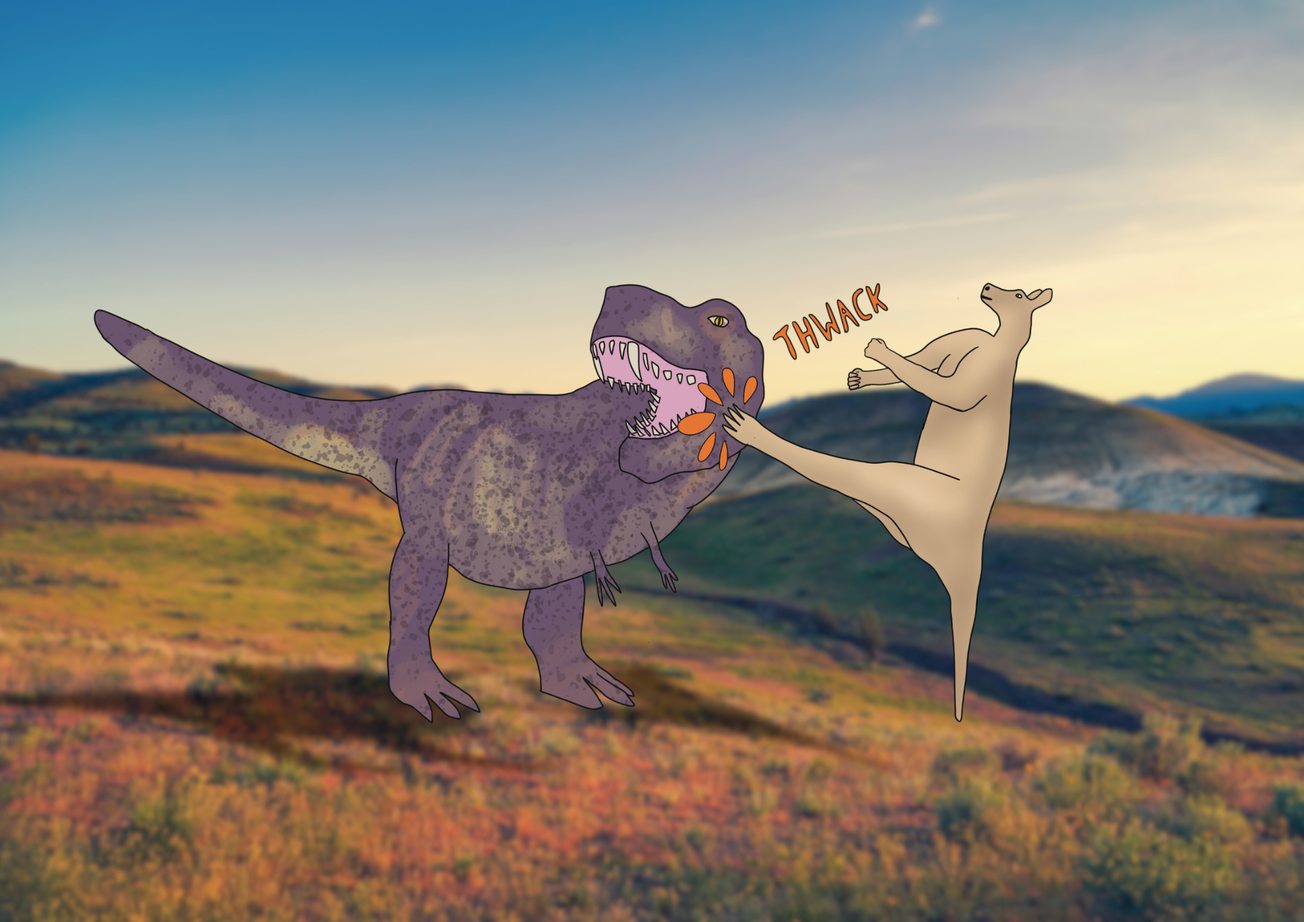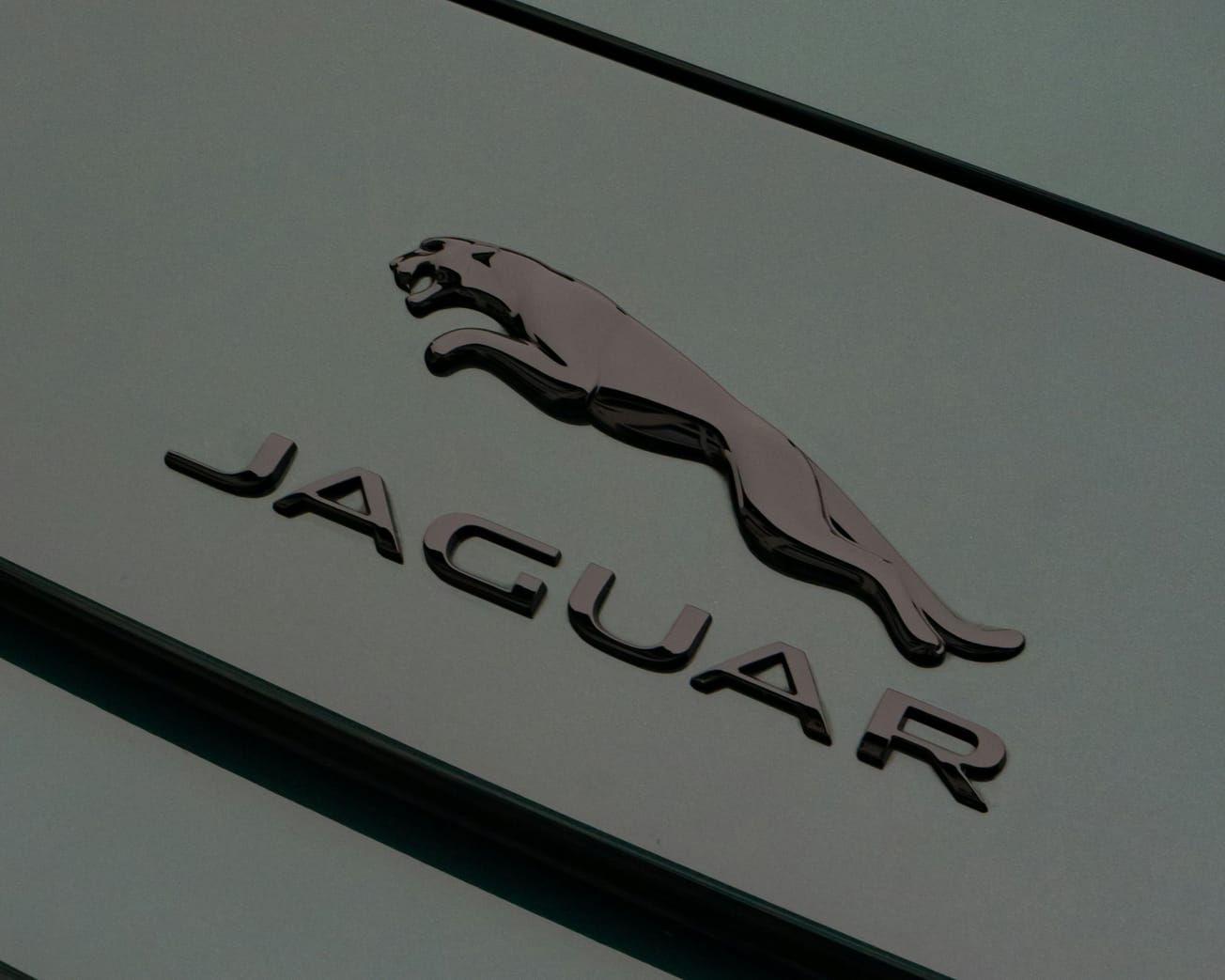By Dan Sarkar, first year chemistry
Dan Sarkar explores the environmental benefits and costs of having a vegan diet.
When I was presented with this Full-English on a quiet Sunday morning in Stokes Croft, it was hard for me to believe that it was vegan. Even the coffee, after being recommended almond milk by the barista, was free from any animal produce.
Photo by Dan Sarkar
The subject of eating less meat has been pushed to the forefront of current affairs by a recent study in the journal Nature, which suggested that meat consumption needs to be cut back by ninety percent if we are to cope with an increase in population and reduce the impact of climate change.
Farming cattle for beef and dairy was proposed as a main problem by the authors, and unsurprisingly, the veganism movement had a field day. This is perhaps for good reason: according to one 2013 study, the livestock sector takes up thirty per cent of Earth’s habitable landmass. Additionally, another 2014 paper found that approximately one third of all arable land is used to grow crops for animal feed.
Avocados, for example, are also extremely water intensive...up to a thousand litres of water can go into just a kilogram of produce...
But whilst cutting down the amount of meat and dairy in your diet seems to be an obvious choice, many popular alternatives that are recommended by vegan influencers aren’t saving the planet either. Avocados, for example, are also extremely water intensive, with multiple secondary sources suggesting that up to a thousand litres of water can go into just a kilogram of produce in some areas of the world. Recently, the television show “QI” even claimed that they aren’t even vegan due the fact that bees are used in an unnatural way when producing the fruit.
Another study claimed that over four litres of water is used to make just a single almond: the dairy-free alternative I was offered to have with my coffee. This is a large problem in the United States, where an increase in almond production is putting a lot of strain on the water system in California, a region that already struggles heavily with droughts in the summer months.
Whilst very enjoyable, the total cost of my breakfast and coffee was an eye-watering ten pounds; this would be enough to dent any student’s wallet. However, the Vegan Society claims that being vegan “doesn’t have to be any more expensive” than being a meat eater. A study conducted by scientists at the University of Oklahoma can support this claim, as they found that, on average, those who avoid animal products spend around eleven dollars less on groceries per week than meat eaters in the same demographic.
Photo by Anna Pelzer / Unsplash
Interestingly, none of the ingredients that the Vegan Society recommended for a cheap vegan diet were branded meat/dairy alternatives. Meat substitutes such as ‘Quorn’ are considered to be a household name, and are a lot more sustainable than meat itself, with its certification by the Carbon Trust telling us that the carbon footprint of Quorn is eighty per cent less than that of beef.
Despite this, in most supermarkets, meat and their processed substitutes are often in a similar price bracket, even though the production of the latter is generally more sustainable and less resource intensive. One reason for this could be the vast amount of money that the meat industry receives in subsidies, with Member of Parliament Andrea Leadsom claiming that the government spends seven hundred million pounds per year on subsidising the meat industry.
Natural, plant-based protein sources such as chickpeas and lentils are generally much lower in price than man-made ones, and far more sustainable, with one kilogram of lentils requiring three hundred times less water to produce than one kilogram of beef. Furthermore, dairy-substitutes that are less water intensive are available, with data from the Water Footprint Network suggesting that oat milk requires six times less water per kilogram to produce than almond milk does.
Photo by Adrienne Leonard / Unsplash
I’ll admit that when I was sat writing this article with vegan sausages on my plate and almond milk in my coffee, I didn’t think about water footprints or carbon emissions. Assuming that all plant-based products are good for the environment can mean that important factors like these can escape our minds, but being a true vegan is still admirable, not just because it is a good cause, but because it is a way of life.
The evidence given by the study in Nature shows that veganism is unequivocally better for the environment on paper, but it is important to pay heed to other unsustainable foods that often get swept under the rug as well, as on an individual level, this is the best way to reduce our impact on the environment. So next time you see that tasty beef steak in Lidl, or those juicy avocados in the fruit section of Sainsbury’s, think twice - you’ll be doing yourself, and the world a favour.
Featured Image: Unsplash / Toa Heftiba












